NPE team researcher Hanna Lempinen tends to make the most out of the funding mechanisms available for early career scientists' international mobility. This summer Hanna spent some time as a visiting researcher at the Kola Science Centre in Apatity, Russia, and now she shares a few thoughts on how it went.
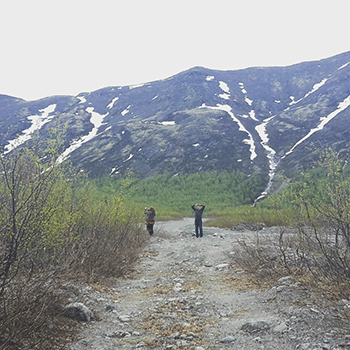
This trip was not my first encounter with Russia - I had already travelled a bit here and there and also briefly visited Apatity a couple of times for conferences - so I more or less knew what I was getting myself into. However, people around me at home seemed to be worried about me leaving: they kept asking me whether it's safe to go and telling me how brave and courageous I was to go through with the planned visit, the international political situation being what it is. I couldn't quite get their concerns then and, if possible, I understand them even less now.
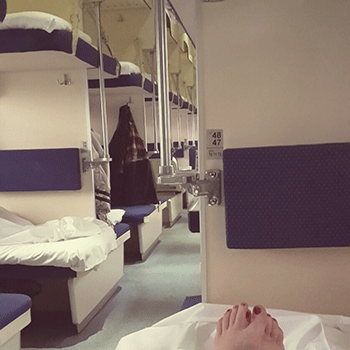
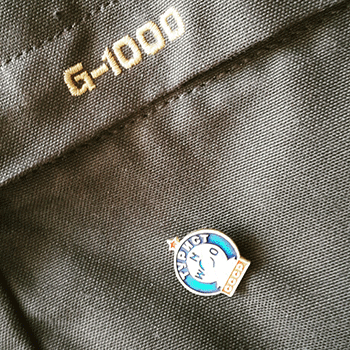
At first sight, Apatity might not make a lasting impression. Especially
on a rainy day, it could appear as grim, grey and even slightly
depressing (like any lifeless Arctic city on a day like that, to be
honest, would). However, when the sun comes out, so do the people, and
in all of a sudden you find yourself in a lively and green small town
with so, so, so many quirky little things to see. The apartment blocks
which might at first seem like grey concrete monsters start to look like
cosy homes and, once you give them a chance, they reveal their hidden
gems: cafes, restaurants, kiosks, bookstores, flower shops and beauty
salons seem to pop up at every corner and the parks and yards are dotted
with hilarious pieces of do-it-yourself community art (see a couple of
examples below).
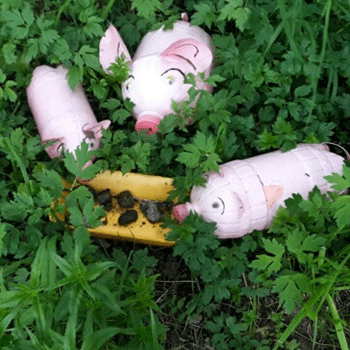
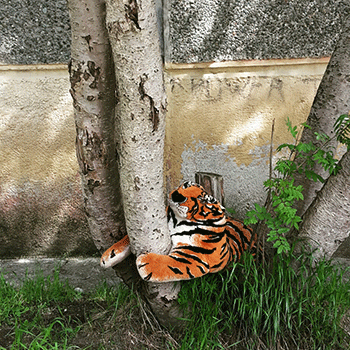
On the professional side, my visit was hosted by the Institute of Economic Problems at the Kola Science Centre. They provided me with not only an office, but also incredibly friendly colleagues and a great place to work for one month. I got to meet new people and learned a lot from them, I got new perspectives to my own work and I also got a whole lot of writing done. I can only hope that my visit was even remotely as useful for them as it was for me.
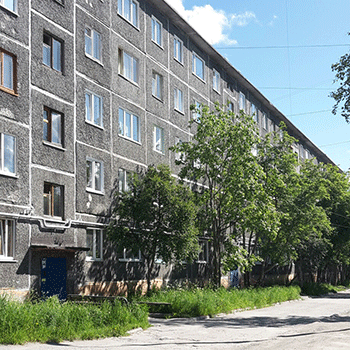
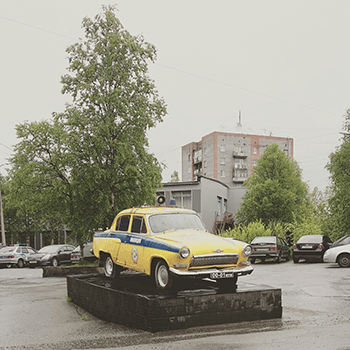
While I enjoyed the town a lot and also workwise the research visit was a success, what will never cease to amaze me is the unconditional helpfulness, hospitality and friendliness of the people I keep meeting in Russia time and time again. I don't think a day went by at the Institute without someone coming to check how I was doing and whether I needed help with something. My local roommate made her home feel like a real home for me too and after only one month of living with her, I feel like I would have known her forever. En route in trains and hostels, complete strangers invited me to sit down with them and share a meal while having lively discussions in what could best be described as a delightful and bubbly verbal mess of Russian, German and English. Frankly, I haven't been to many places in the world where an elderly gentleman who you don't know getting an ice cream for you from the railway station is just 'business as usual'.
The research visit was made possible by a mobility grant from Emil Aaltonen foundation (plus the ever so supportive near & dear at home). I can't thank them enough
Text and photos: Hanna Lempinen